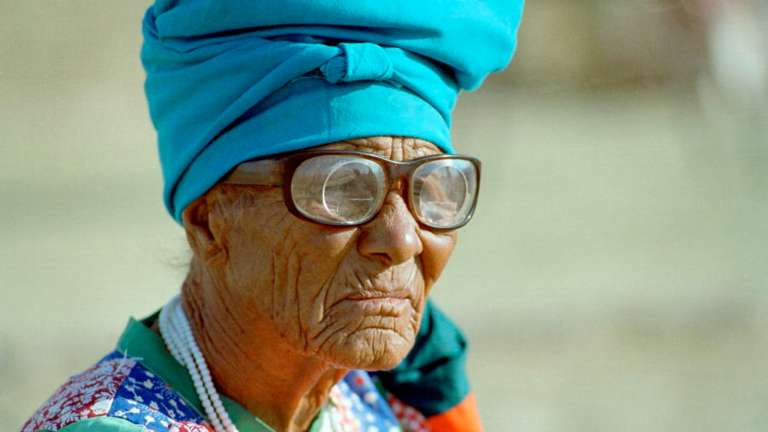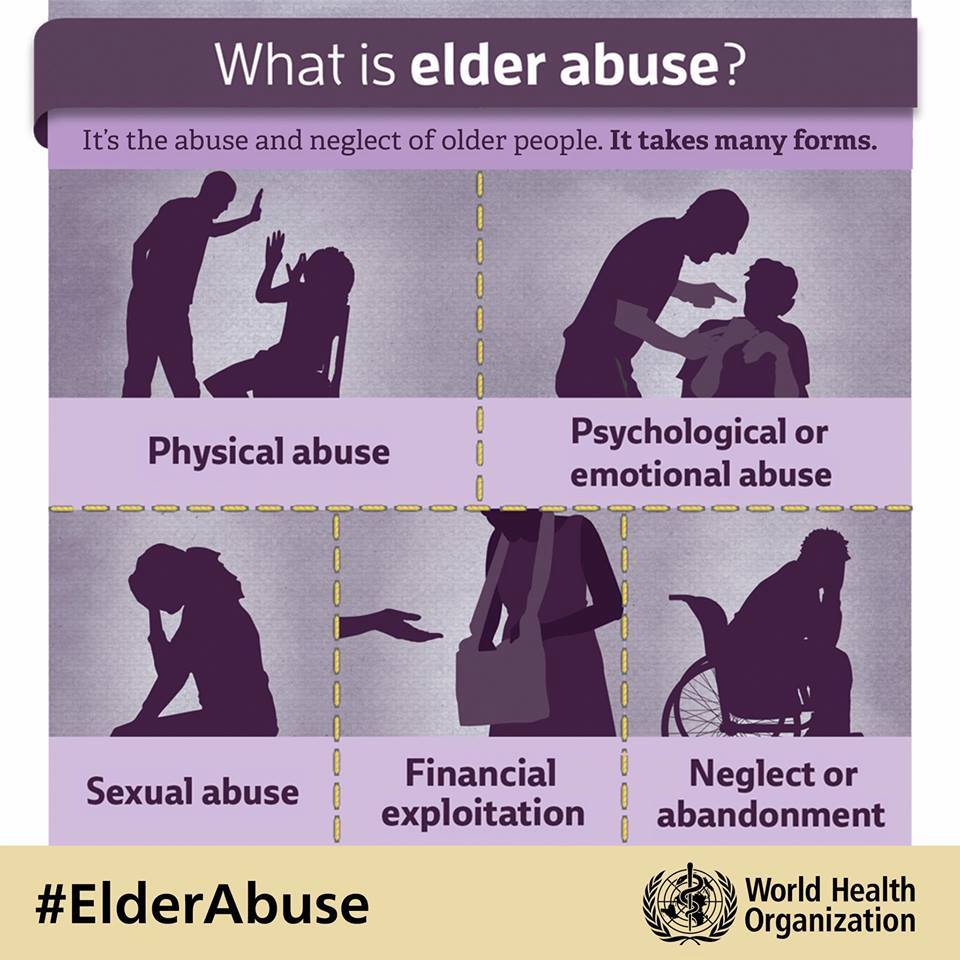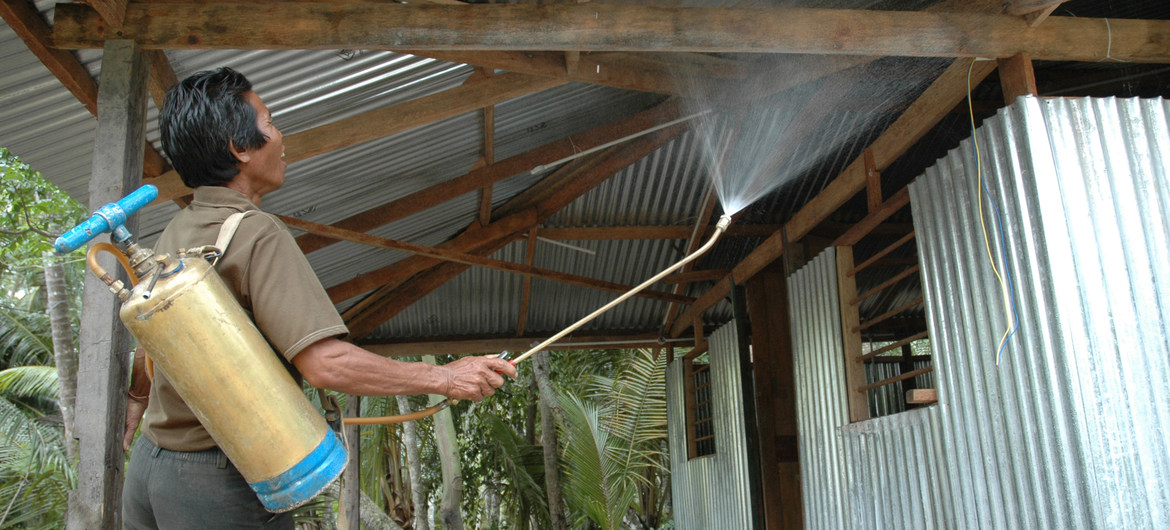Verbal abuse and hate speech: Do they lead to other types of abuse? When do under or/and over-protection become abuse? Have lockdowns increased the risk of financial exploitation? What are examples of passive and active neglect?
 KRC TIMES Desk
KRC TIMES Desk

Violence against older people, who are already bearing the brunt of this pandemic, has risen sharply since the beginning of the COVID-19 pandemic and imposition of lockdown measures. ~ WHO

2020 World Elder Abuse Awareness Day
The UN General Assembly designated 15 June as World Elder Abuse Awareness Day. According to WHO estimates, 1 in 6 people aged over 60 suffers from abuse. That means nearly 141 million people globally. This number might be much higher as elder abuse is one of the most hidden and underreported violations.
COVID-19 has put a spotlight on older persons including distressing reports of instances of abuse and neglect of older persons in long term care institutions. Not only older persons are at a high risk of serious illness and mortality, but they are also stigmatized through abusive language in both conventional and social media.
Despite the lack of reliable data on the actual scale of elder abuse in the community where the majority of older persons live, emerging reports reveal the high impact of the COVID-19 pandemic both in the rise of cases of abuse and in the disruption of the services and protective measures.
The UN Secretary-General in his Policy Brief: The Impact of Covid-19 on Older Persons warned that measures to restrict movement may trigger greater incidence of violence against older persons and all types of abuse – physical, emotional, financial and sexual as well as neglect. He also claimed that the lack of adequate legislation at the national level to protect the rights of older persons and the absence of a dedicated internationally agreed legal framework, contribute to the vulnerability of older persons and may have contributed to the inadequate responses to the COVID-19 crisis and that these gaps must be filled.
There is an urgent need to combat and prevent this serious human rights violation. Many Member States’ delegations at sessions of the Open-ended Working Group on Ageing expressed the need to develop universally applicable normative standards for the protection of older persons against violence, neglect and abuse, which would contribute to providing a comprehensive response and would also provide guidance for the development of a reporting, accountability and remedy mechanism for such violations suffered by older persons.
Verbal abuse and hate speech: Do they lead to other types of abuse? When do under or/and over-protection become abuse? Have lockdowns increased the risk of financial exploitation? What are examples of passive and active neglect?
A lovely video to watch today and all days ahead.





